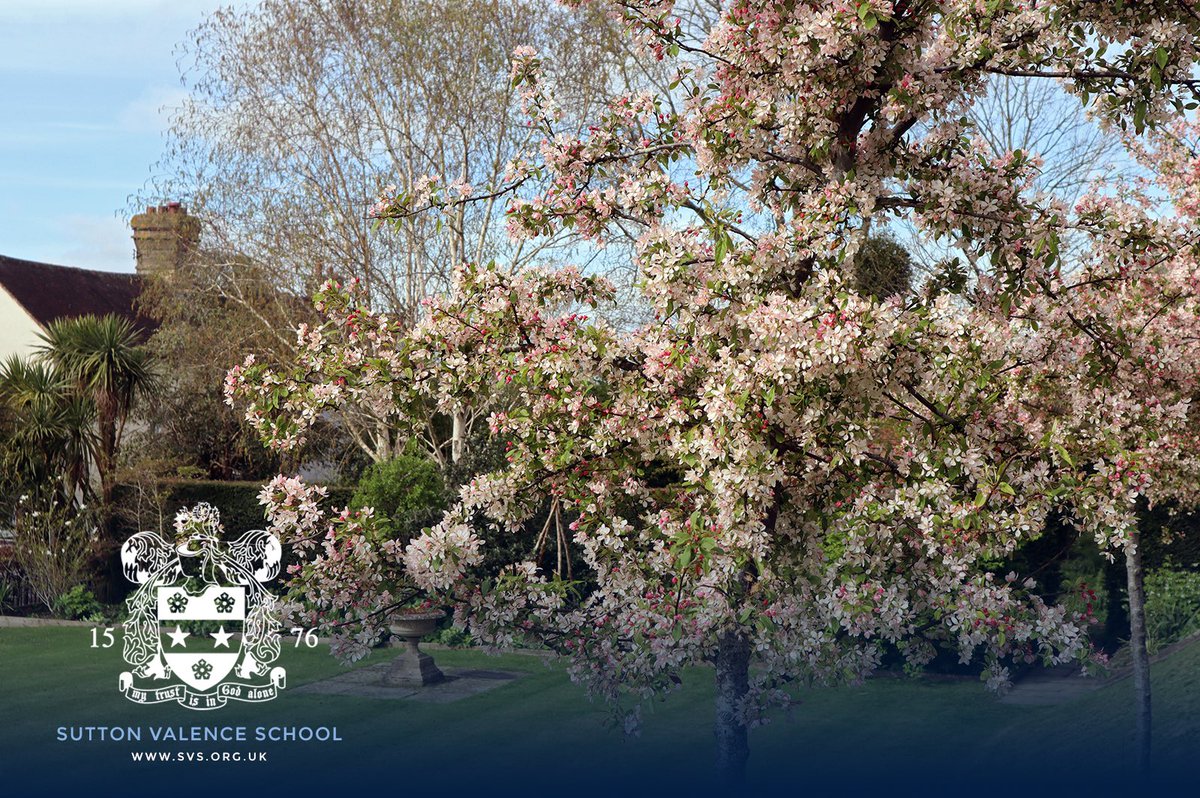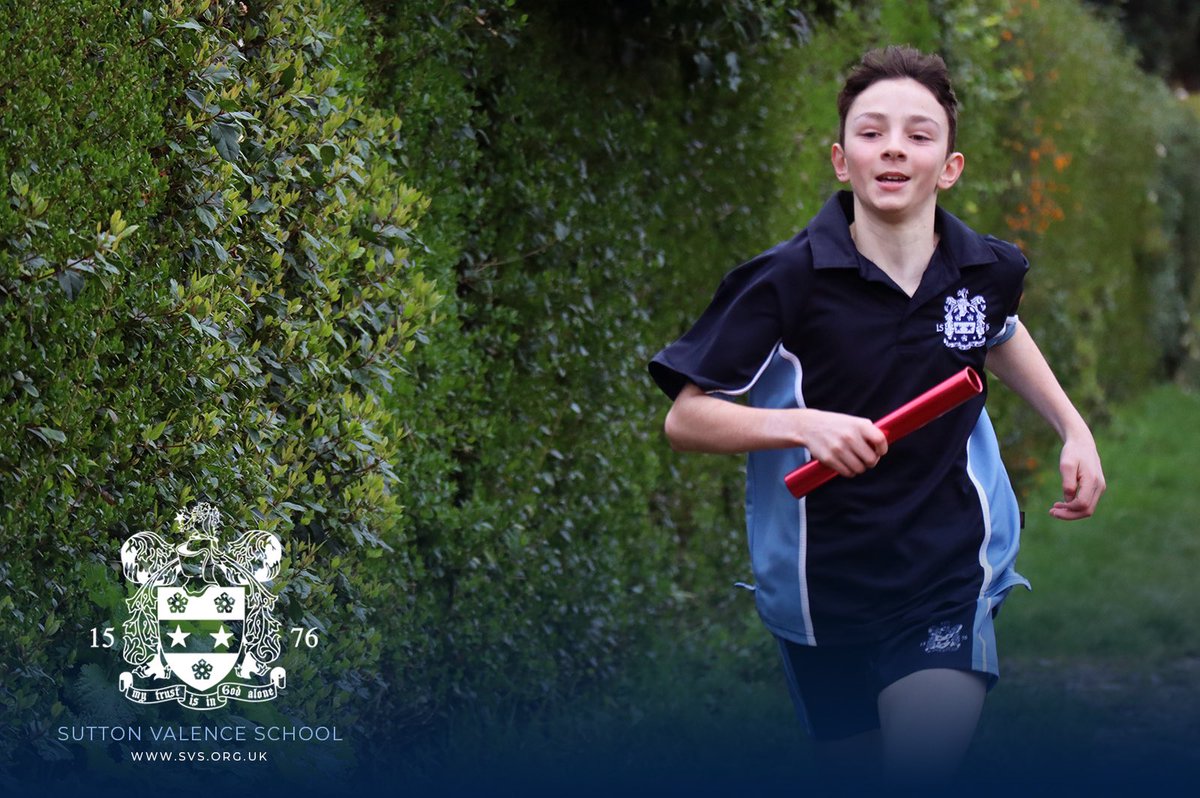As SVPS and all other schools across England approach the halfway point in the School academic calendar, Chinese schools are reaching the end of their academic year. In China, this is the time of year when everyone is looking forward to their longest National Holiday as the Chinese New Year approaches.
In Chinese schools, children will be preparing to move classes, as we do when returning from the summer holidays; one major difference is that in China, the form teacher stays with the same class!
However, our sister school HIKSVS in Tianjin will have a two-week holiday at this time of year, but will not mark it as the end of their academic year, as this occurs in July, the same time as us.
Chinese New Year is the biggest festival and holiday in China. Celebrations last for 16 days concluding with a Festival of the Lantern, where paper lanterns are lit and released into the sky, carrying good wishes and fortune for the forthcoming year. For the New Year holiday, people will decorate their houses in red bunting and paper ornaments and will wear special red clothes; red being considered a lucky colour.
This year, the Chinese New Year starts on 1st February. This date changes every year as the Chinese calendar is based on the Lunar Calendar (rather than the Gregorian that we use) which is constructed by tracking the sun. The Lunar Calendar is based on the phases of the moon, with the Chinese New Year occurring on the second new moon after the Winter Solstice (21st December).
In China, 2022 will be the year of the Tiger; people born in this year are considered to be brave, competitive, unpredictable and confident. Similar to the signs of the Zodiac, there are twelve animals in the Chinese calendar all with different characteristics and qualities. The twelve animals are Rat, Ox, Tiger, Rabbit, Dragon, Snake, Horse, Goat, Monkey, Rooster, Dog and Pig. These animals are assigned in cycles of twelve years.
The Chinese Calendar was inspired by an old folk tale called The Great Race. In this tale, all 12 animals took part in a race to reach the Jade Emperor. The order in which they finished the race became the order they are given in the calendar. The Rat won against the bigger animals, as he jumped on the back of the Ox jumping off its back at the last minute. This meant that the Ox, who had been due to win the race, had to settle for second place and the others filled in the places behind, with the Pig coming last.
How is this relevant to us at SVPS?
It helps us understand and appreciate other countries’ cultures, history and people. It aids us to become greater citizens of the world and be less insular in our outlook and decision making.
As Mandarin is the second most spoken language in the world, it is a language our own Year 6 children are currently studying. I wish them luck and wish everyone New Year Goodness; ‘Xinnan hao’ pronounced ‘sshin-nyen haoww’ in Mandarin and ‘sen-nin haoww’ in Cantonese.
Mr Richard Green, Senior Leader





